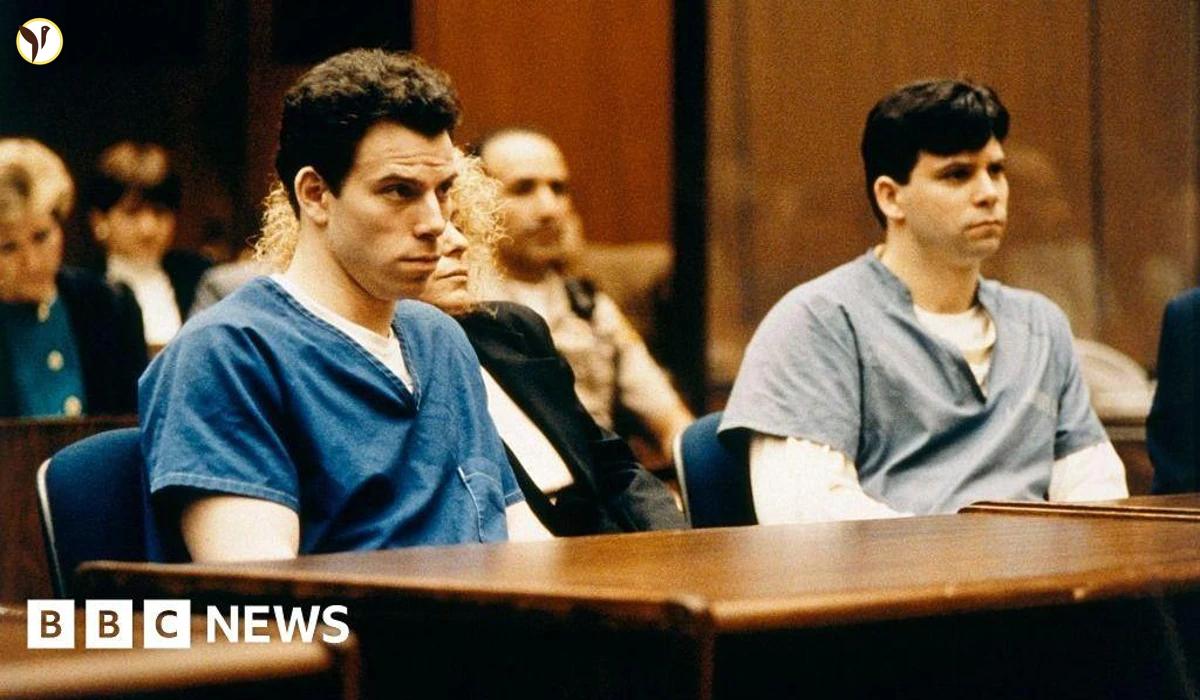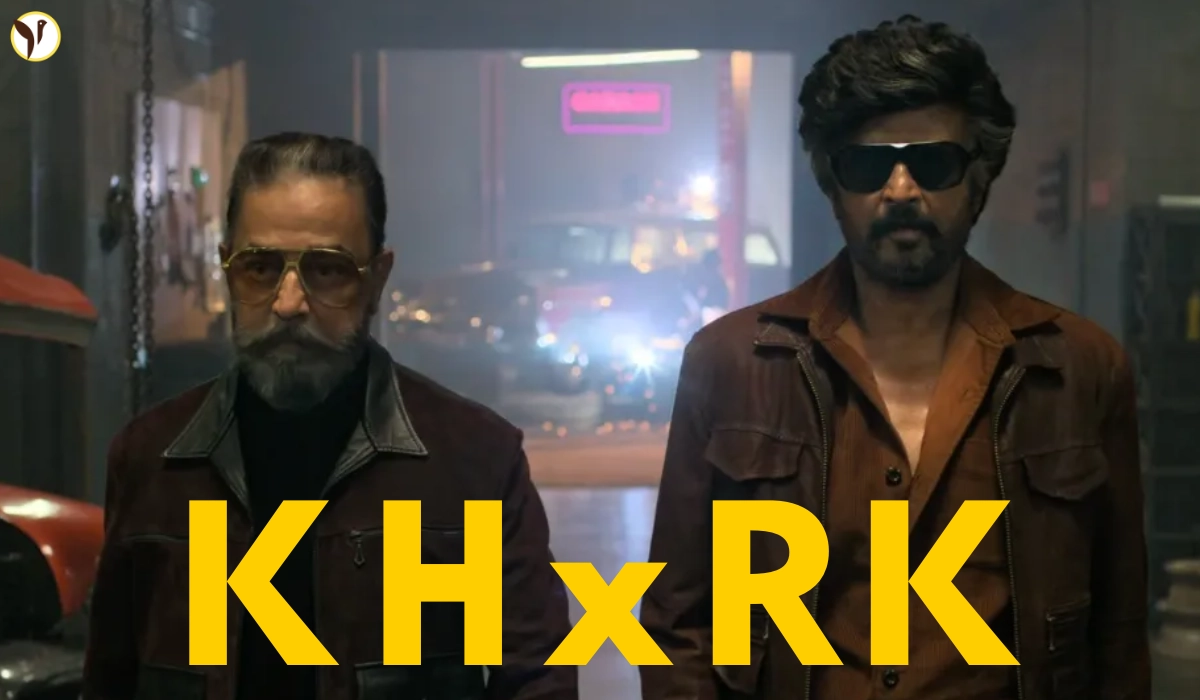Could the Menendez Brothers Walk Free? A New Chapter in a Famous Case
Thirty-five years after the shocking murders of their parents in their Beverly Hills mansion, Lyle and Erik Menendez, now 56 and 53 respectively, find themselves on the brink of a possible release from prison. Convicted of first-degree murder and sentenced to life without parole, their case, which captivated the nation, is experiencing a dramatic resurgence thanks to new evidence and a renewed public discussion.
The Case for Their Release: Abuse, New Evidence, and Rehabilitation
The Menendez brothers have consistently maintained that their actions were a result of years of severe physical, emotional, and sexual abuse at the hands of their parents, José and Kitty Menendez. This claim, initially met with skepticism, is now gaining traction due to newly surfaced evidence.
- A letter written by Erik to a cousin months before the murders, detailing his fear and abuse, was not presented at the original trial. This, along with other previously unseen evidence, forms a crucial part of the brothers' defense.
- Testimony from Roy Rossello, a former member of the boy band Menudo, alleging sexual assault by Jose Menendez, adds weight to the brothers' claims of a pattern of abuse within the family.
- Years of rehabilitation in prison, including earning degrees and participating in positive community programs like Lyle's GreenSpace initiative, support arguments for their rehabilitation and reduced risk.
These new developments prompted former Los Angeles District Attorney George Gascón to recommend resentencing, arguing that a modern understanding of childhood trauma would significantly alter the outcome of their original trial. However, Gascón's successor, Nathan Hochman, opposes this view.
The Resentencing Hearing and Potential for Parole
A resentencing hearing, scheduled for May 13-14, will be pivotal. The judge will determine whether their sentences should be revised to 50 years to life, making them eligible for parole. Even a positive ruling wouldn't guarantee immediate release; they would still have to convince a parole board they pose no threat to society.
The hearing will heavily focus on the brothers' rehabilitation in prison. Their lawyers will present evidence of their positive contributions and low-risk assessments. Conversely, the prosecution will likely emphasize the brutality of the crime and argue against their release.
Adding another layer of complexity, the brothers are also pursuing clemency from Governor Gavin Newsom, a separate path that could lead to their release. Newsom has ordered a parole board risk assessment; a critical step in the clemency process.
A Divided Family and Public Opinion
The Menendez family is deeply divided on the issue. While many extended family members support the brothers' release, citing the years of alleged abuse and their rehabilitation, others vehemently oppose it, emphasizing the horrific nature of the crime and the lasting trauma it caused.
Public opinion remains divided, fueled by the Netflix series "Monsters," which brought renewed attention to the case. The controversy highlights the enduring complexities of understanding trauma, justice, and forgiveness in high-profile cases.
Conclusion: A Waiting Game with Uncertain Outcomes
The Menendez brothers' case stands as a stark example of the evolving understanding of childhood trauma and its impact. The upcoming resentencing hearing and the separate clemency process hold immense significance. The outcome will not only determine the brothers' fate but also significantly influence the future consideration of abuse-related mitigating factors in similar cases. Whether justice will be served depends heavily on how the judge and governor weigh the presented evidence and public sentiment.









